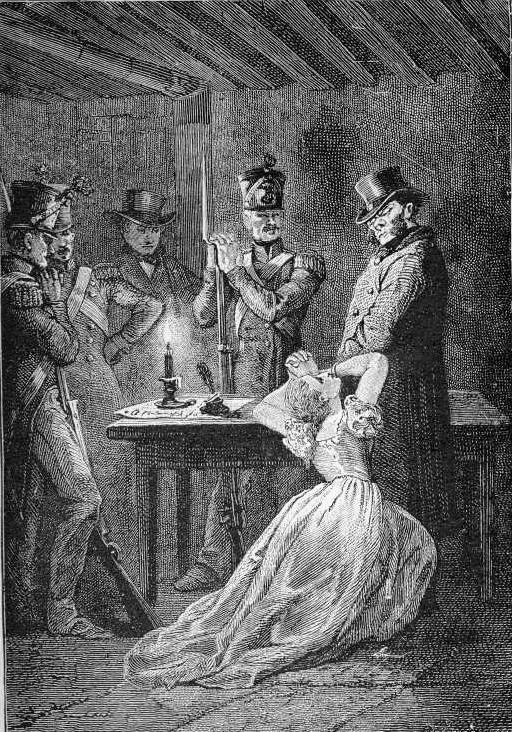
My wife and I have just returned from a performance of Les Misérables at the Hale Center Theater in Orem.
It was extremely well done. (It continues through 25 April, too, I believe.) Brodie Perry was remarkable in the difficult role of Jean Valjean.
And, of course, I love the musical. It’s a full-bodied piece, with romance, evil, idealism, spirituality, heroism, tragedy, grace, comedy, implied supernaturalism, and, most importantly by far, a moving story of redemption.
To have created such a work would, in my opinion, be enough by itself for one to feel that one’s life had been very well spent.
Somewhat more than two years ago, I wrote a column about the musical play of Les Misérables in preparation for the then-forthcoming film. I was astonished at the responses from various atheists and agnostics (only some of them appearing in the Deseret News comments, others being posted on Facebook and sent via email to me personally), insisting that I was dishonestly trying to impose my religious beliefs on it. Good grief. The thing is absolutely suffused with religion, from the bishop’s graciously redemptive “purchase” of Valjean’s soul through the Thénardiers’ God-denying nihilism and “God on High” to Valjean’s final prayer and his reception into heaven by the dead Fantine and Éponine.










